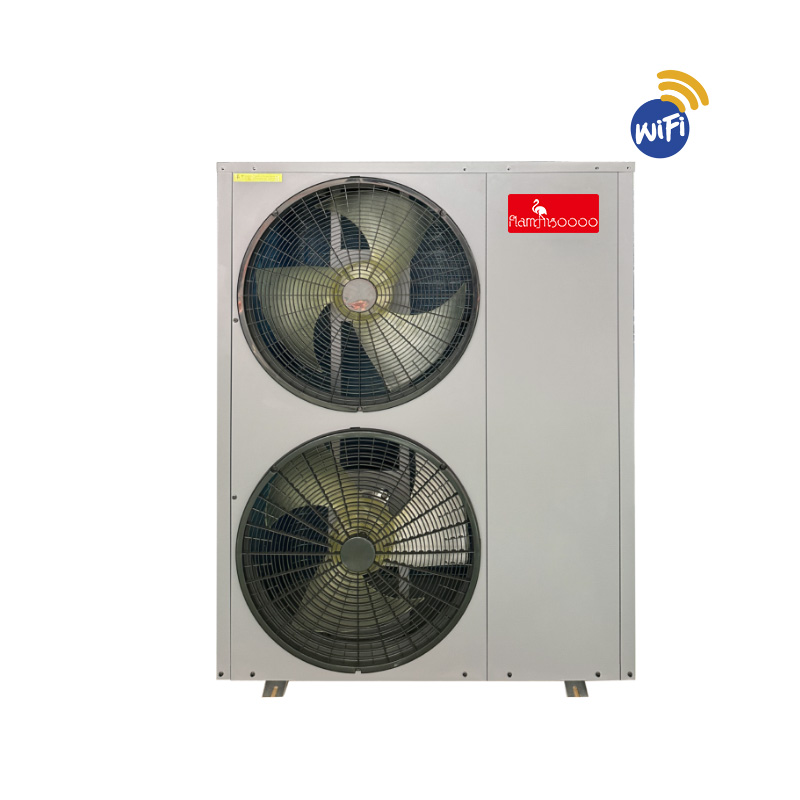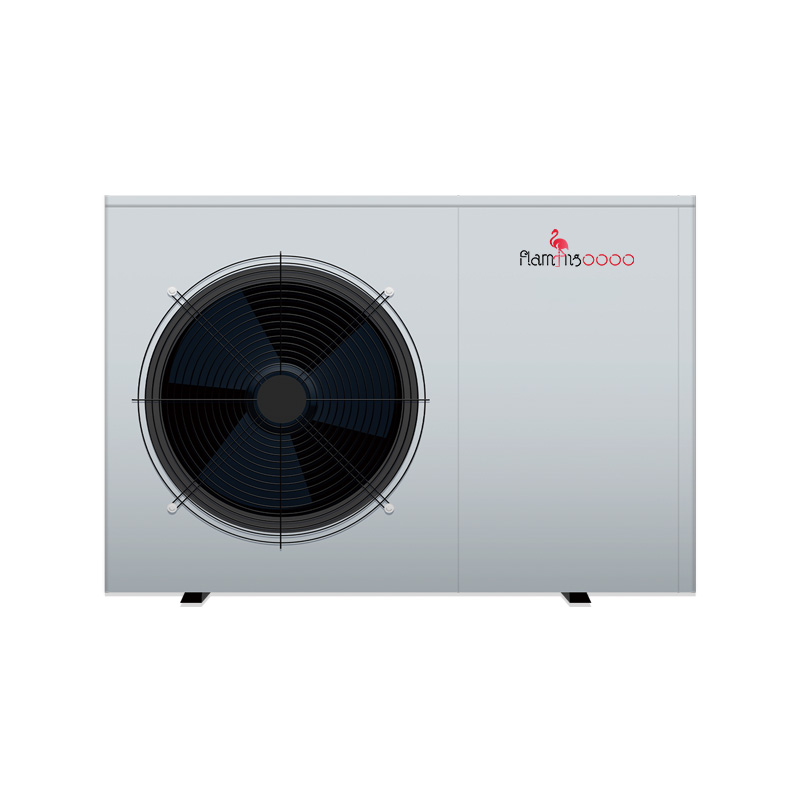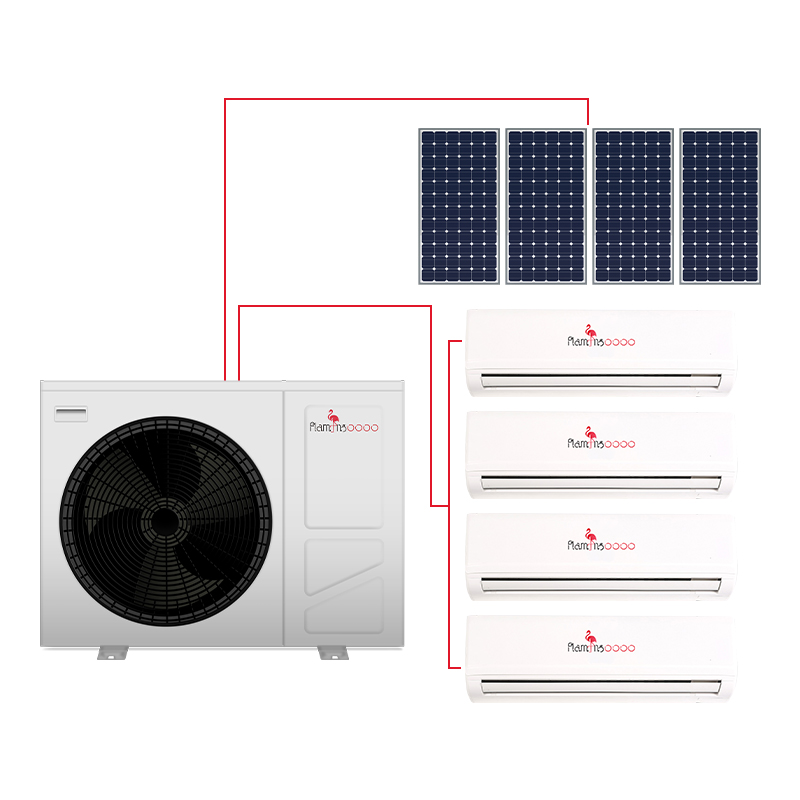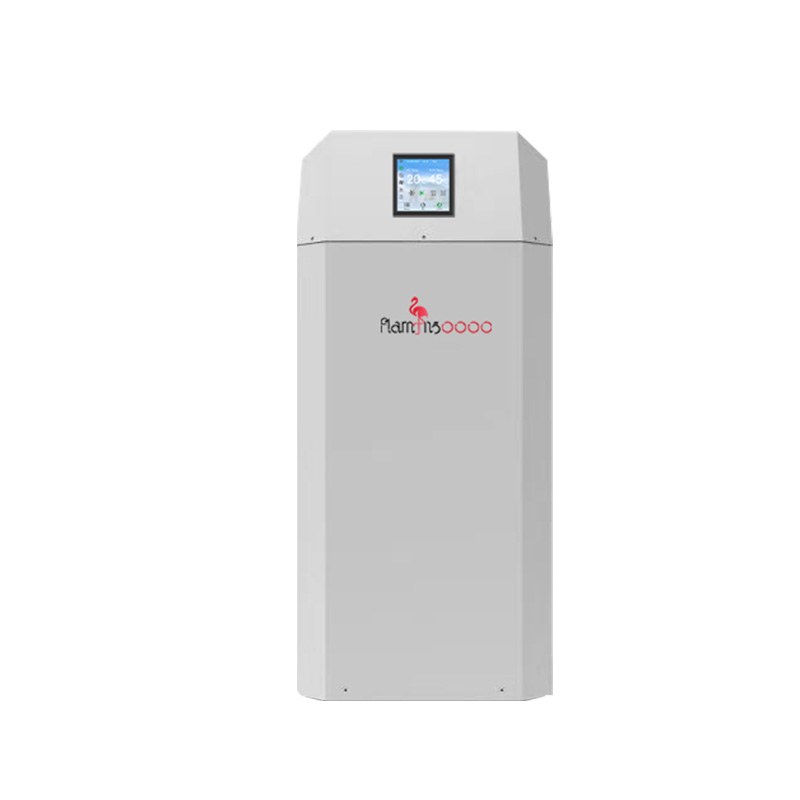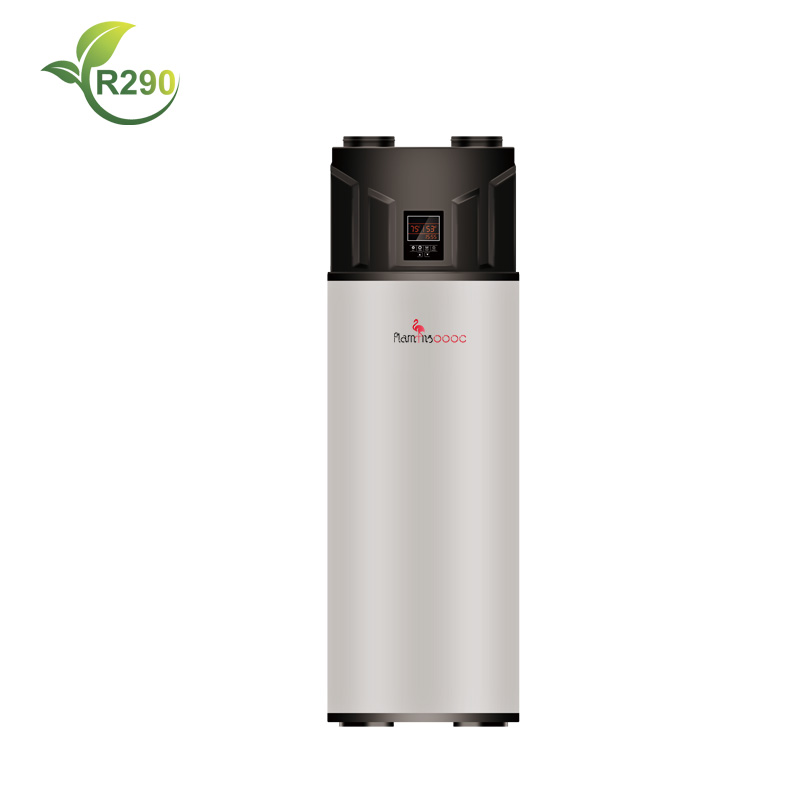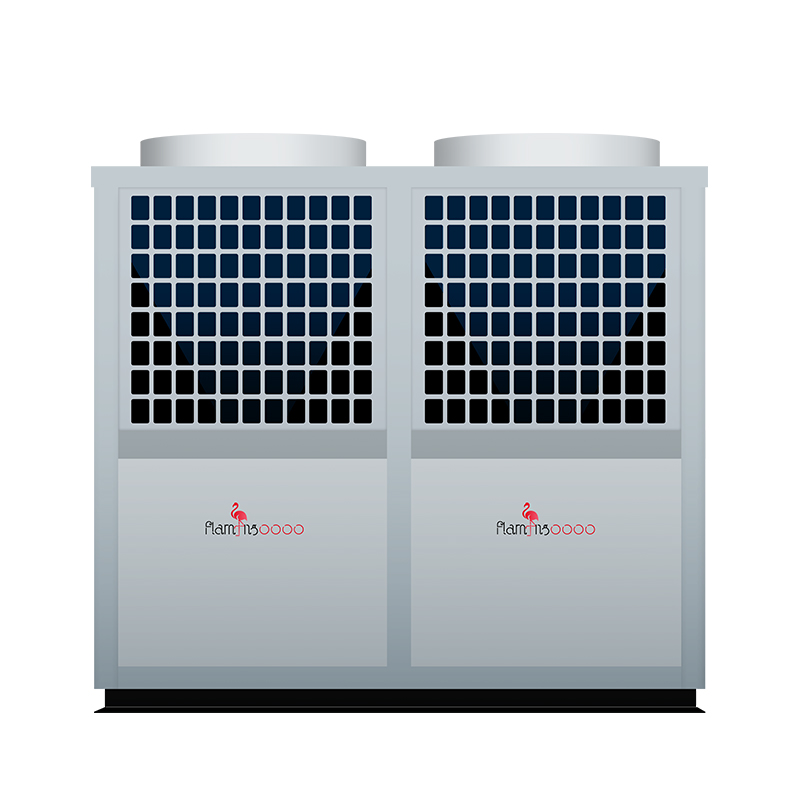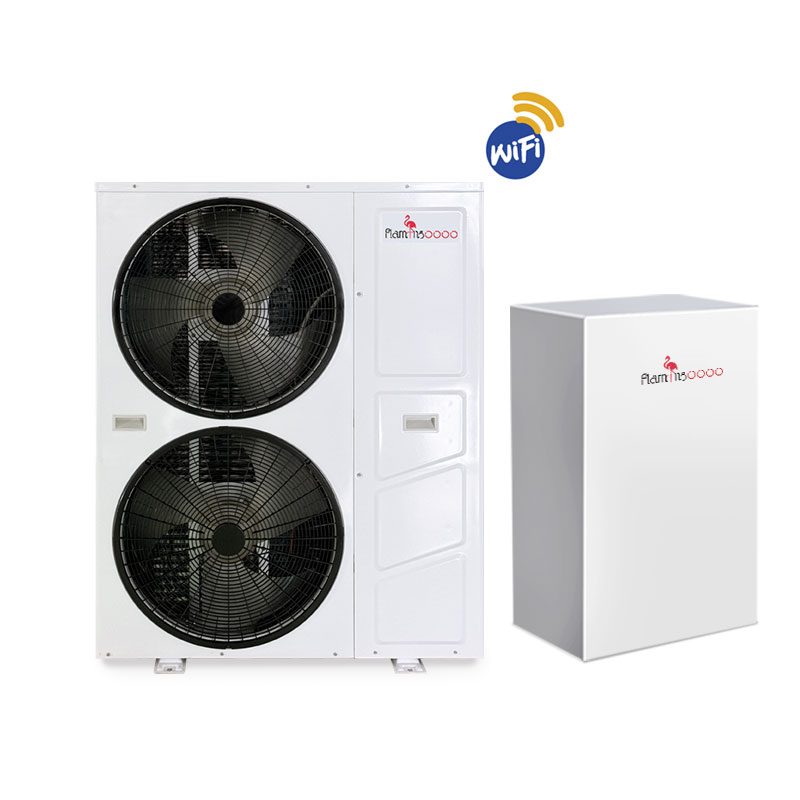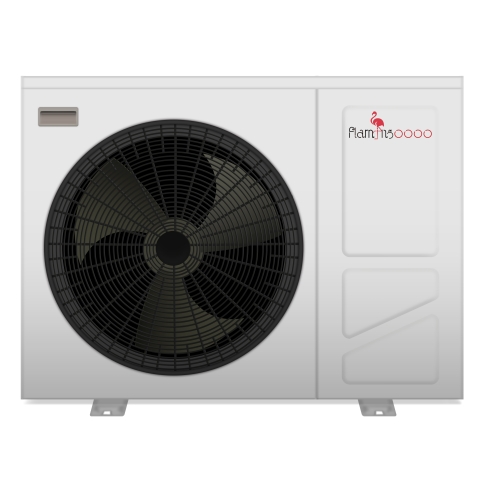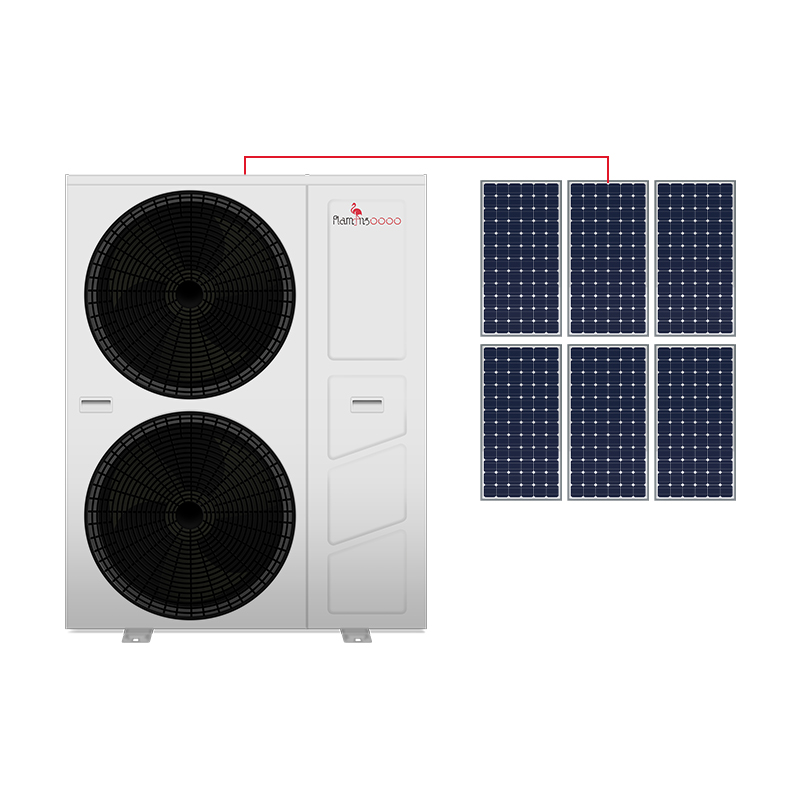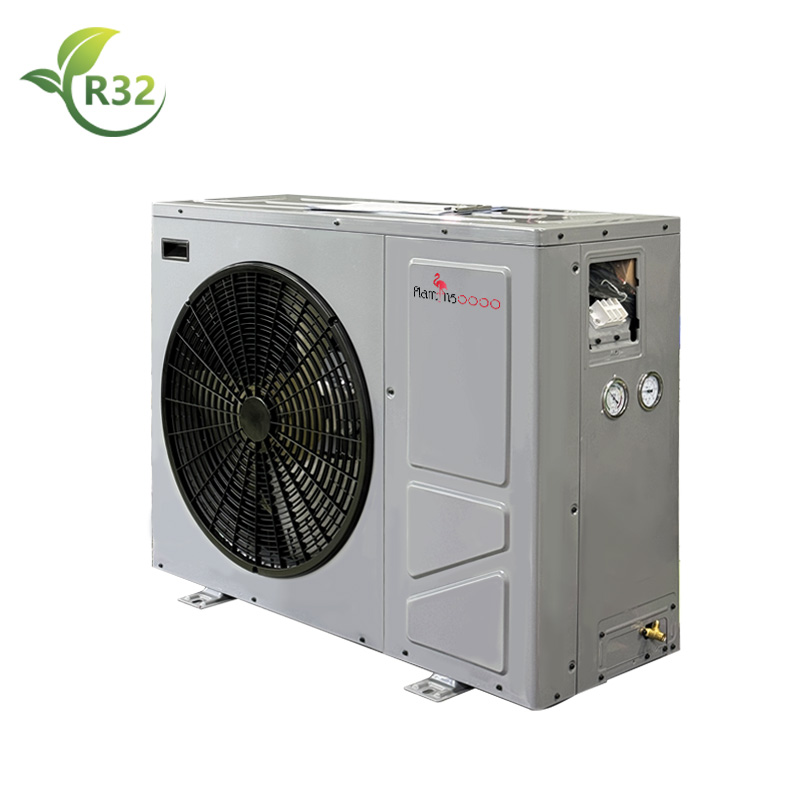What Are the Disadvantages of a Ground Source Heat Pump?
As homeowners and businesses alike increasingly seek sustainable and energy-efficient heating and cooling solutions, ground source heat pumps (GSHPs) have garnered significant attention. While these systems offer numerous benefits, including reduced energy costs and lower carbon emissions, it is essential to understand the full spectrum of their limitations. In this article, we delve into the disadvantages of ground source heat pumps, providing a balanced view for those considering this technology for their heating and cooling needs.
1. High Initial Costs
One of the most significant drawbacks of ground source heat pumps is their high initial cost. The installation of a GSHP system involves drilling boreholes or laying extensive pipework in the ground, which can be quite expensive. The cost of the equipment itself, coupled with the installation expenses, can be prohibitive for many homeowners. While the long-term savings on energy bills can offset these costs, the upfront investment remains a considerable barrier.
2. Complex Installation Process
The installation of a ground source heat pump is far from straightforward. It requires a thorough assessment of the site to determine the suitability of the ground for heat exchange. This often involves geological surveys and can lead to unforeseen complications, such as the need for additional drilling or excavation. The complexity of the installation process also means that finding experienced and qualified installers can be challenging, potentially leading to delays and increased costs.
3. Space Requirements
Ground source heat pumps require significant space for the installation of ground loops or boreholes. For residential properties, this means having sufficient land area for the heat exchange system. In densely populated urban areas or properties with limited outdoor space, this can be a major limitation. The need for extensive ground loops or boreholes may not be feasible in such environments, making GSHPs less practical for certain locations.
4. Maintenance and Repair Challenges
While ground source heat pumps are generally low-maintenance, they do require periodic servicing to ensure optimal performance. The underground components, such as the ground loops, are not easily accessible, which can pose challenges if repairs are needed. Additionally, any issues with the ground loop system can be costly and disruptive to address, as it may involve excavation and other invasive measures.
5. Climate and Soil Conditions
The efficiency of a ground source heat pump is heavily dependent on the climate and soil conditions of the installation site. In regions with extremely cold climates, the system may require additional backup heating to maintain comfort levels. Similarly, soil conditions play a crucial role in the effectiveness of heat transfer. Poor soil conditions or high groundwater levels can reduce the efficiency of the system and increase installation complexity and costs.
6. Aesthetic and Environmental Considerations
In some cases, the installation of ground loops or boreholes can impact the aesthetics of a property, especially if extensive excavation is required. Additionally, while GSHPs are environmentally friendly in terms of reducing greenhouse gas emissions, the installation process can have temporary environmental impacts. Disruption to the soil and potential harm to local flora and fauna are considerations that need to be addressed during the planning phase.
Conclusion
Ground source heat pumps present a compelling option for energy-efficient heating and cooling, offering long-term savings and environmental benefits. However, potential users must weigh these advantages against the disadvantages, including high initial costs, complex installation requirements, space constraints, maintenance challenges, climate and soil dependencies, and potential aesthetic impacts. By carefully considering these factors, homeowners and businesses can make informed decisions about whether a ground source heat pump is the right solution for their needs.

